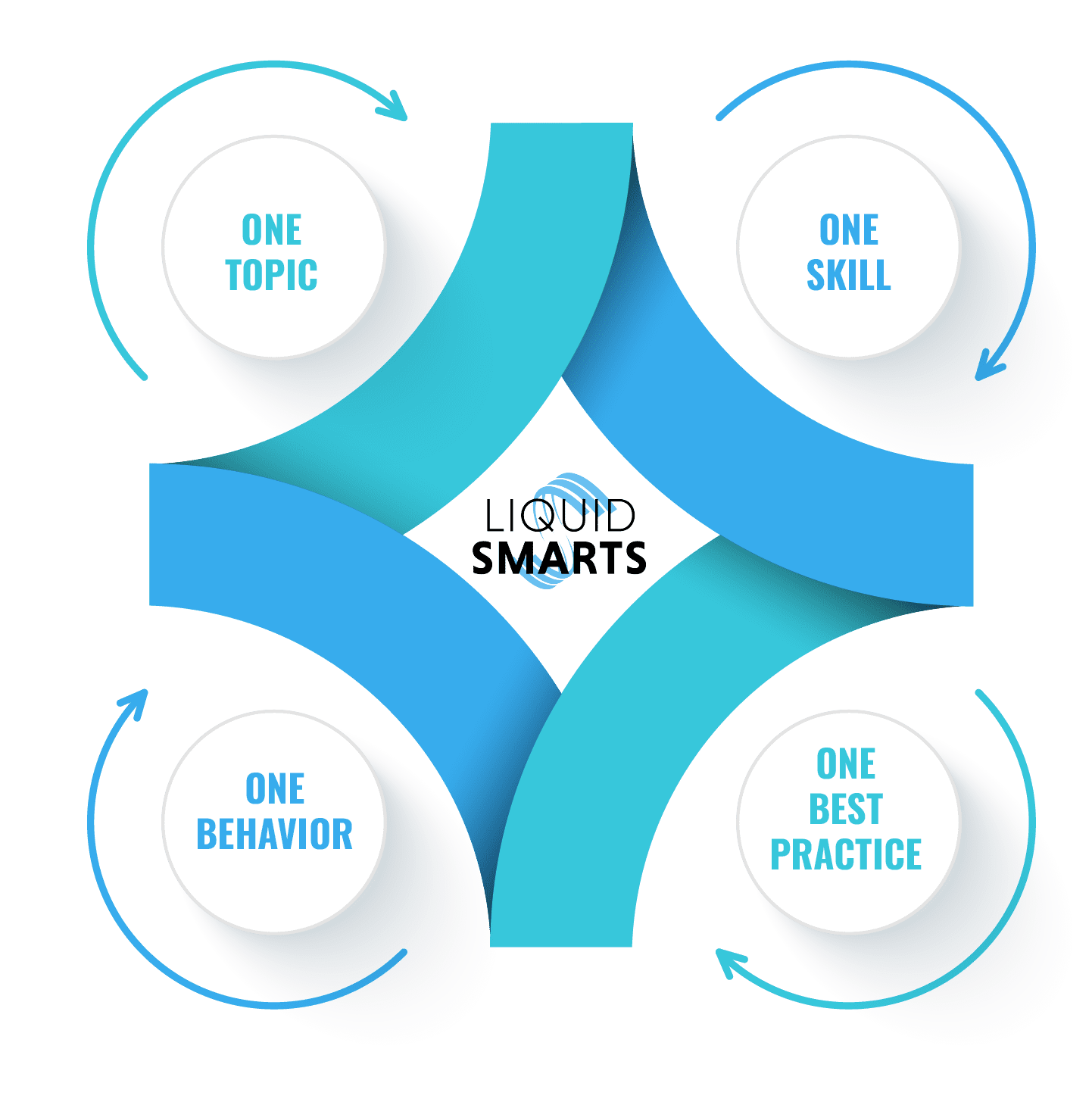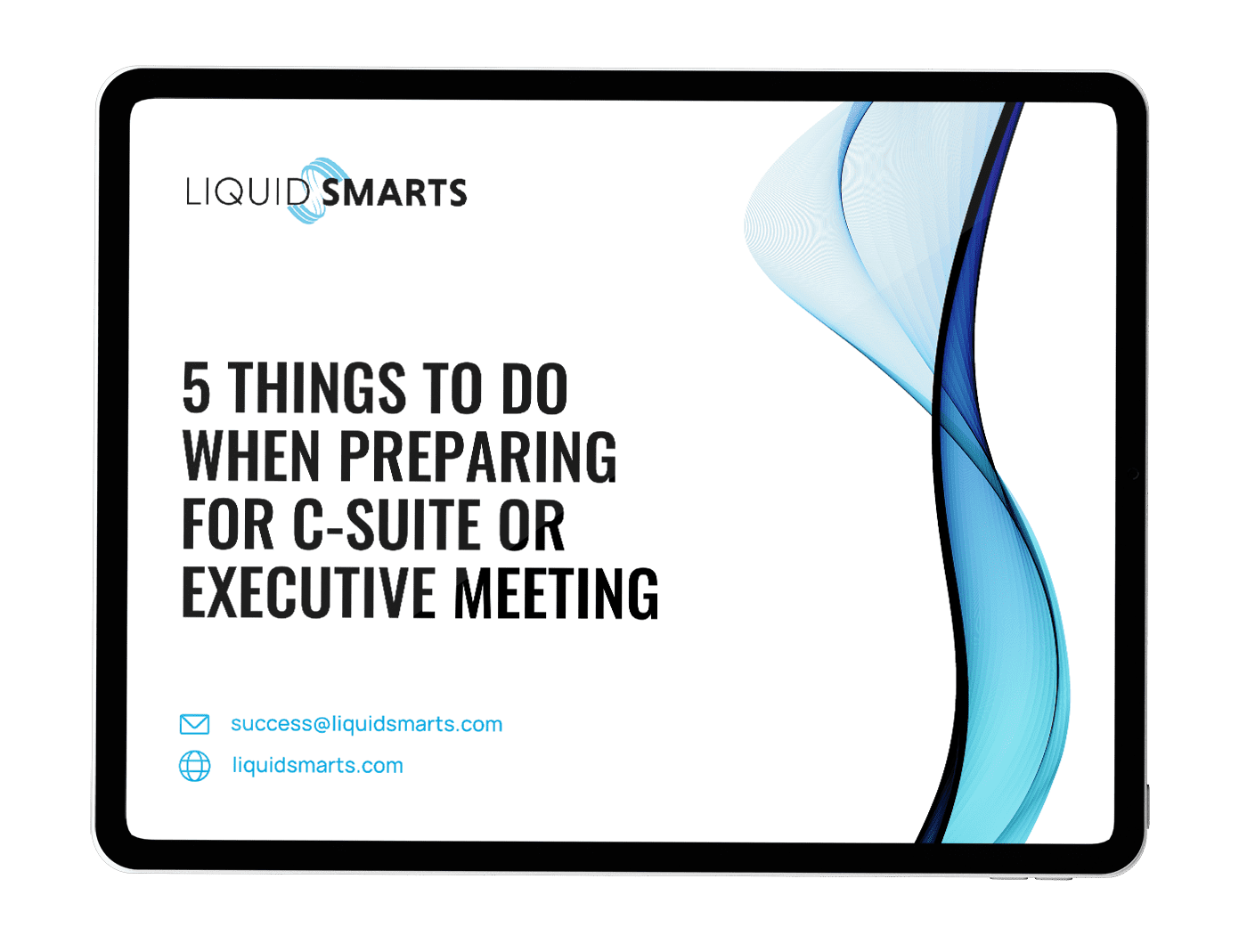As organizations strive to get the most out of their workforce, ensuring employees can work in resilient environments is more critical than ever.
Resiliency is a crucial driver of success in any generation – no matter the demands or growth needed within team structures and personal achievements, those who can stay focused and adaptable when faced with challenges will lead us into the future.
In today’s workplace climate, cultivating resiliency has become increasingly crucial for production managers, product managers, sales teams, and business leaders. Let’s explore practical tips on how you can foster resiliency among your staff and the organization as a whole.
The Importance of Resilience
Resilience is a vital quality that enables individuals to withstand challenges, recover from setbacks, and adapt to new circumstances. As the National Wellness Institute highlights, resilience is closely linked to overall well-being and the ability to thrive in various aspects of life. In the workplace, resilient employees are more likely to maintain high performance levels, collaborate effectively with their peers, and contribute to a positive work environment.
When individuals are resilient, they possess unique skills that allow them to navigate and overcome adversity. These skills, such as emotional regulation, problem-solving, and effective communication, contribute to personal and professional growth. Organizations that recognize the importance of resilience and invest in cultivating it within their workforce can reap the benefits of increased adaptability, productivity, and employee satisfaction.
Resilience and Goal Attainment
Resilience plays a crucial role in achieving personal and professional goals. A study published in the Journal of Positive Psychology highlights the positive impact of executive coaching on goal attainment, resilience, and workplace well-being. Resilient individuals are more likely to persevere in the face of obstacles and maintain motivation, ultimately leading to greater success in achieving their objectives.
Organizations can significantly benefit from prioritizing and investing in training and coaching programs to develop employee resilience. These programs can equip individuals with the necessary skills and mindset to adapt to the constantly evolving challenges of the modern workplace.
By fostering resilience through targeted training and coaching initiatives, companies create a robust and adaptable workforce that leads to increased goal attainment, improved well-being, and enhanced overall performance, ultimately contributing to the organization’s success.
Resilience, Well-being, and Performance
Resilience has a profound impact on both well-being and performance in the workplace. According to a study conducted by Springer Nature, there is a strong association between resilience and performance, with workers’ well-being acting as a mediator in this relationship. Resilient employees tend to exhibit higher levels of well-being, which positively influences their ability to perform effectively in their roles.
By recognizing the interconnectedness of resilience, well-being, and performance, organizations can develop targeted interventions and support systems to enhance these qualities in their workforce. Implementing comprehensive well-being programs that build resilience can lead to a more engaged, productive, and satisfied workforce, ultimately driving organizational success and growth.
Personality Traits, Moral Values, and Resilience
Personality traits and moral values also play a significant role in shaping an individual’s resilience and its impact on well-being and performance. A cross-national study published by the International Association of Applied Psychology highlights the complex interplay between these factors.
By understanding and promoting positive personality traits and moral values, organizations can cultivate a resilient workforce that exhibits higher levels of well-being, leading to enhanced performance and overall success.
Top 5 Reasons for Resilience at Work
Resilience is vital in the workplace for several compelling reasons. A Forbes article highlights the top five reasons why building resilience among employees is crucial:
- Adaptability: Resilient workers are better equipped to navigate and respond effectively to changes and challenges, ensuring they can adapt to evolving workplace dynamics.
- Emotional intelligence: Resilient employees possess greater emotional intelligence, enhancing their ability to work collaboratively and maintain positive peer relationships.
- Well-being and job satisfaction: Resilience contributes to higher well-being and job satisfaction levels, directly impacting overall performance and productivity.
- Stress management: Resilient individuals are more capable of managing stress and maintaining focus under pressure, leading to more consistent performance during challenging times.
- Organizational success and growth: By fostering resilience within the workforce, organizations can unlock the potential for tremendous success and development, as employees are better prepared to navigate obstacles and capitalize on opportunities.
Developing resilience among employees can yield significant benefits for individuals and organizations.
Boosting Resilience at Work: Key Strategies
The Harvard Business Review provides valuable insights into five practical strategies for enhancing personal resilience in the workplace, each of which is crucial for employees to navigate challenges and adapt to change effectively:
- Maintain a strong support network: Building and maintaining connections with colleagues, friends, and family members can provide invaluable emotional and practical support during challenging times. These relationships can offer encouragement, guidance, and new perspectives to help individuals cope with stress and adversity.
- Reframe challenges as opportunities for growth: Adopting a positive mindset when facing difficulties can help individuals view setbacks as learning experiences rather than failures. Employees can maintain motivation and a sense of purpose even during challenging times by focusing on the potential for personal and professional growth.
- Establish a regular mindfulness practice: Mindfulness techniques, such as meditation and deep breathing, can enhance mental clarity, focus, and emotional regulation. Incorporating these practices into daily routines can help employees manage stress, improve well-being, and increase resilience.
- Prioritize self-care and work-life balance: Taking care of one’s physical, mental, and emotional health is essential for building resilience. Employees should set boundaries between work and personal life, ensuring they allocate time for relaxation, exercise, and social activities. This balance enables individuals to recharge and maintain optimal performance at work.
- Develop a growth mindset: Cultivating a growth mindset, which involves embracing challenges, persisting in the face of setbacks, and viewing effort as a path to mastery, can significantly enhance resilience. Employees with a growth mindset are likelier to persevere through adversity and adapt to change, leading to increased personal and professional success.
By implementing these strategies, employees can effectively boost their resilience, equipping them to navigate the complexities of the modern workplace and achieve their goals with greater ease and confidence.
Critical Characteristics of Resilient People: In-depth Insights
Very Well Mind extensively analyzes the traits commonly found in resilient individuals. Understanding and developing these characteristics can be instrumental in fostering personal resilience and navigating challenges effectively:
- Emotional awareness and regulation: Resilient people understand and can regulate their emotions effectively. They acknowledge their feelings, reflect on them, and respond appropriately, ensuring that emotions don’t overwhelm or control their actions.
- Optimism: A positive outlook is a hallmark of resilient individuals. They maintain hope and confidence in their ability to overcome obstacles, which helps them persevere through adversity. Optimism fuels motivation, problem-solving, and decision-making, contributing to overall success.
- Strong problem-solving skills: Resilient individuals can analyze situations, identify potential solutions, and implement effective strategies to address challenges. This problem-solving mindset enables them to adapt and find creative solutions in adversity.
- Effective communication: Good communication skills are essential for resilience. Resilient people can express their needs, emotions, and ideas clearly and assertively, enabling them to build strong relationships, resolve conflicts, and navigate challenging situations effectively.
- Established social connections: A solid social network provides emotional and practical support during difficult times. Resilient individuals invest in building and maintaining meaningful relationships, which serve as a crucial resource for coping with stress and adversity.
- A sense of purpose and direction: Resilient people have a clear understanding of their values, goals, and priorities, which provides them with a sense of purpose and direction. This intrinsic motivation drives them to persevere, even when faced with setbacks and challenges.
Recognizing and cultivating the critical traits of resilient individuals can significantly enhance resilience, empowering people to overcome adversity and thrive personally and professionally. Resilience is undeniably critical in ensuring success, well-being, and adaptability in the workplace. Both organizations and individuals can benefit from understanding its importance and implementing strategies to nurture resilience. In doing so, employees will be better equipped to overcome challenges, adapt to change, and ultimately achieve their personal and professional goals.







